As an importer, the onus is on you to be aware of the regulations that apply to your products. This includes those set by Partner Government Agencies (PGAs).
Topics: Customs Consulting, International Trade Compliance & Enforcement, compliance, Customs Broker, Brokerage
Customs Compliance: An Overview of Partner Government Agencies (PGAs)
Importing into the U.S. involves a long list of tasks and careful considerations. There’s no worse scenario than thinking you’ve dotted all your Is and crossed all your Ts, only to realize you overlooked a PGA regulation and your shipment cannot get through Customs.
Topics: International Trade Compliance & Enforcement, compliance, trade compliance, import compliance, shipping compliance
Why Trade Compliance Should be a Priority for Your Company
US businesses that actively source raw materials, components, or finished goods from other countries must understand—and adhere to—the trade regulations for every country involved in their supply chain. Failure to do so can lead to fines and severe penalties.
Topics: Supply Chain Management, Customs Consulting, International Trade Compliance & Enforcement, trade compliance, import compliance, shipping compliance
When companies don’t comply with trade regulations, they face fines, penalties, and potentially late delivery of their goods.
Topics: Customs Consulting, International Trade Compliance & Enforcement, trade compliance, import compliance, shipping compliance
Binding Ruling Requests & How They Benefit Importers
Correctly classifying merchandise or products for import involves a sea of rules that govern import classifications.
These rules are often confusing and unclear, and doing this incorrectly can come at a hefty price. Binding rulings help clear up any confusion by providing classification and duty rates in advance.
Topics: Supply Chain Management, Customs Consulting, International Trade Compliance & Enforcement, binding rulings
Section 301 tariffs and, to a lesser extent, Section 232 duties make it more attractive for importers to gain the system.
Topics: Supply Chain Management, Customs Consulting, International Trade Compliance & Enforcement, Freight Forwarding & Cargo Transportation
Most importers have had at least one CF-28 or CF-29 scare. Companies that haven’t most likely will at some point, as U.S. Customs and Border Protection (CBP) cracks down on import compliance.
Topics: Supply Chain Management, Customs Consulting, International Trade Compliance & Enforcement, Freight Forwarding & Cargo Transportation, CF29
Topics: Supply Chain Management, International Trade Compliance & Enforcement, Freight Forwarding & Cargo Transportation, Freight Agents
A specialized agency of the United Nations, the International Maritime Organization (IMO)’s mission is to “promote safe, secure, environmentally sound shipping through cooperation.”
Topics: International Trade Compliance & Enforcement, Freight Forwarding & Cargo Transportation, Freight Agents
Advance Your Trade Compliance: CTPAT Trade Compliance Program
The United States Government has made a serious commitment to trade security and trade compliance in the last few years.
To improve the security of international trade and enforce trade laws and regulations, the Government is taking measures to advance partnership programs and encourage more importers to participate - including sweetening the deal
Tech Tools That Help Meat Importers Stay Compliant and Avoid Fines
When certificates and paperwork are missing or incorrect at Customs or other checkpoints along a shipping line, the consequences for noncompliance can include fines and delays that impact an importer’s bottom line.
Topics: International Trade Compliance & Enforcement, Freight Forwarding & Cargo Transportation, Freight Agents
All meat imports, whether clearing customs by truck or container, must go through the USDA meat inspection review process before they can be released for consumption.
Topics: International Trade Compliance & Enforcement, Freight Forwarding & Cargo Transportation, Freight Agents


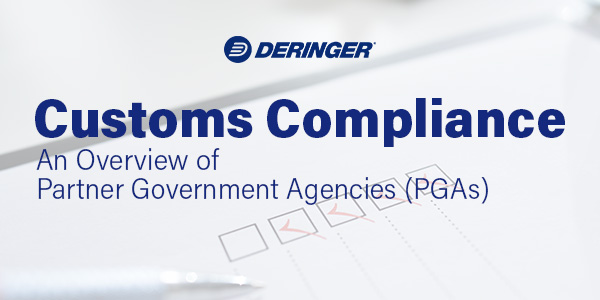
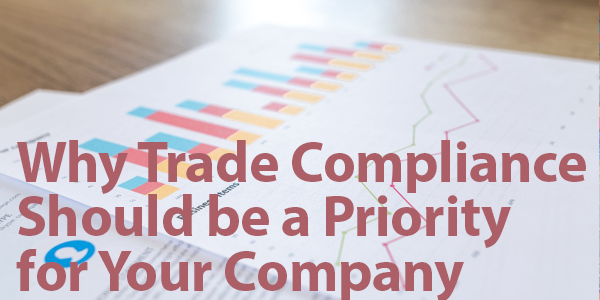
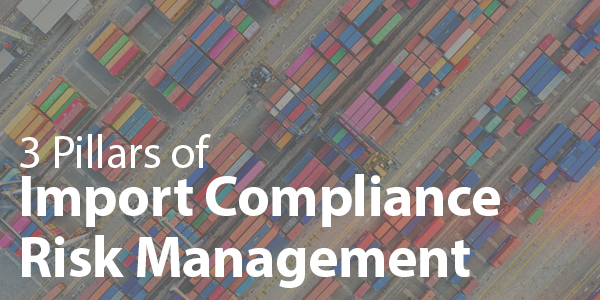
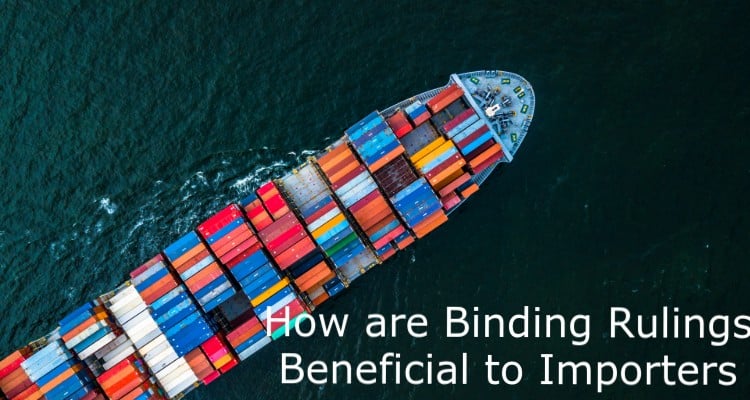




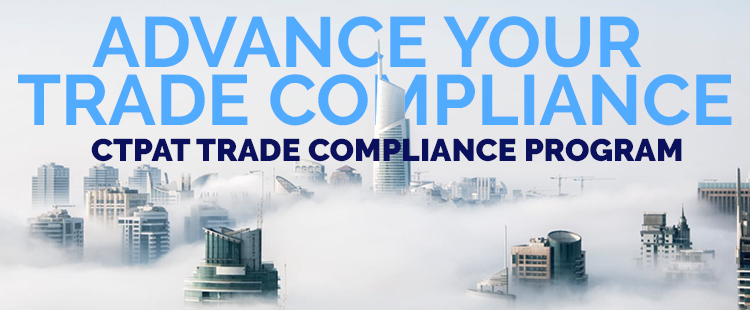



-%20dark%20larger%20(1).png)





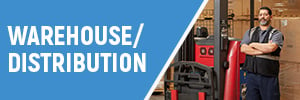


%20for%20Website.png)


